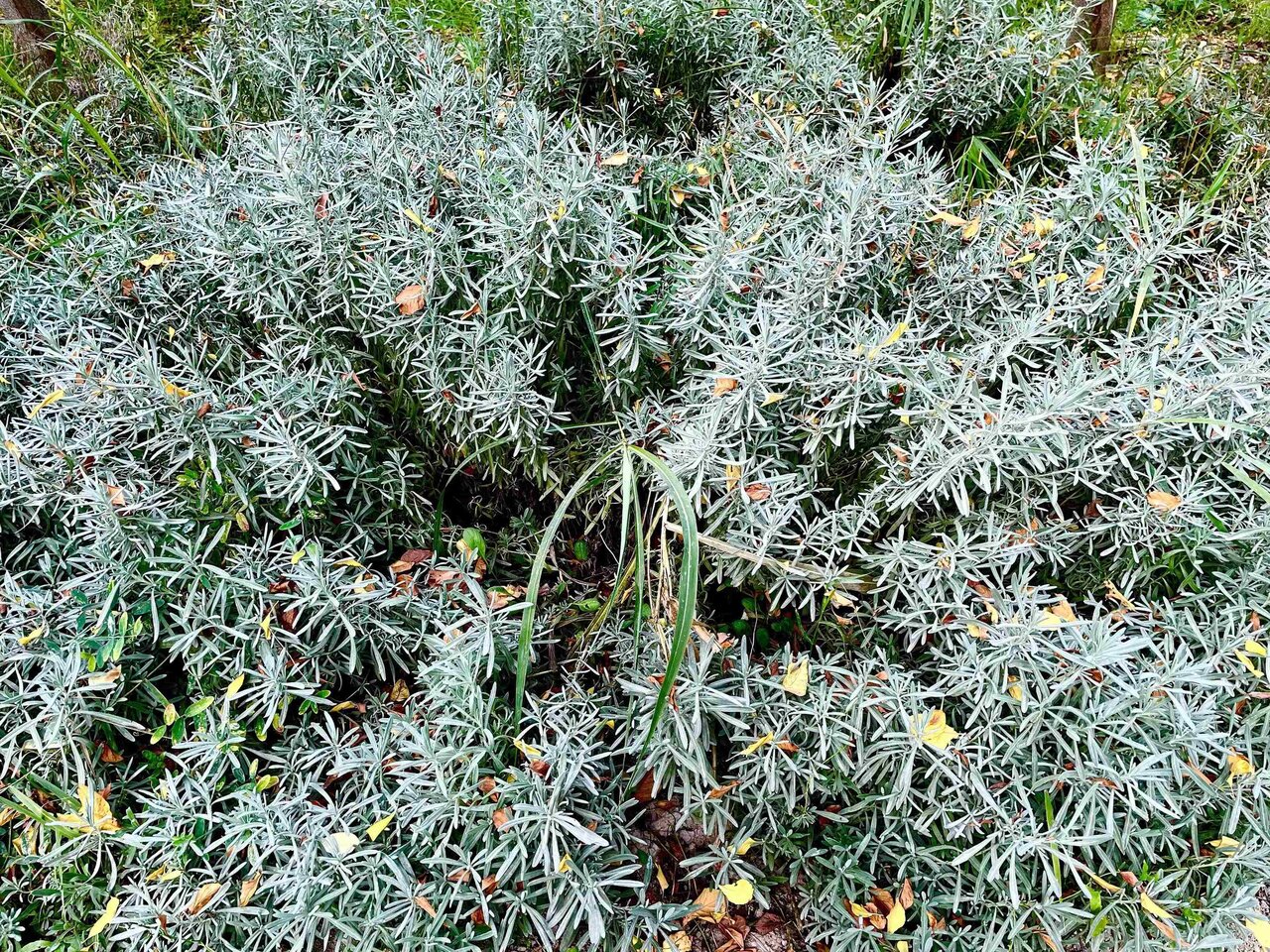400,000 people active in production of medicinal plants in Iran

TEHRAN- According to the published statistics, 400,000 people are working in the production of medicinal plants in Iran.
Also, 32,000 people are working in packaging of these plants.
As stated by an official with the Ministry of Health, Iran holds some 40 percent share of the market for medicinal plants in the neighboring countries.
“A large volume of pharmaceuticals, supplements, food products, and beverages are exported to Iraq, Turkey, Georgia, Armenia, and Afghanistan,” IRNA quoted Hamidreza Banafsheh as saying in late October.
Iran is among the leading countries in the field of medicine and health technology, supplying 98 percent of pharmaceutical items to the domestic market, the official noted.
“Nearly 450 out of 1,400 knowledge-based companies are active in the field of herbal medicines, biotechnology, and food industries.”
He went on to say that the National Institute for Medical Research Development aims at expanding exports of medicinal products.
Since most of the raw materials for the production of herbal medicines are native to the country, these products can internationally compete with those of the other countries, he added.
Besides, some 15 to 20 percent of Iran's herbal medicines are unique in the world. Iran has the capacity to introduce new herbal medicines to the world, he highlighted.
Producing and commercializing pharmaceutical plants are the best ways to introduce the rich resources of herbal medicines which, in addition to making foreign currency revenues for the country, will lead to the scientific authority of Iran in this field, he concluded.
According to the chairman of the Union of Medicinal Plants Exporters of Iran, the country’s export of medicinal plants can be increased through compliance more with the world standards.
Mohammad-Ali Rezaei Kamal-Abad stated that world standards are increasing due to the health-oriented consumption of herbal products, and failure to comply with these standards will lead to the return or destruction of these products.
“In the past years, poisons have entered the country, which are not only not used in other countries, but have also caused water and soil pollution in our country”, he lamented.
Referring to the importance of agricultural product export standardization, he added: “Standardization is done in our country, but this standardization is not up-to-date. With the coordination of ministries, expenditure and updating of information can help to standardize agricultural products and develop the export of these products”, he commented.
He said that having more than 11 climates out of 13 climates, Iran has 8,000 varieties of medicinal plants, which is at least twice as much as Europe.
MA
